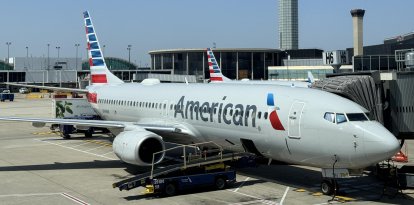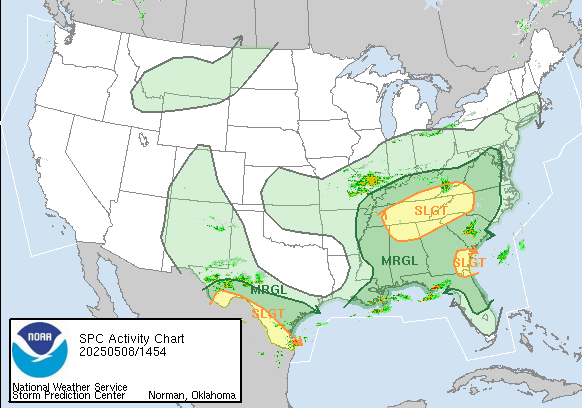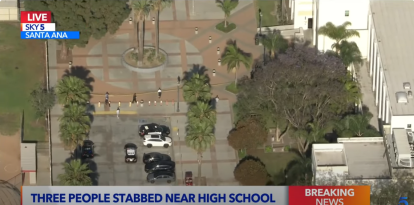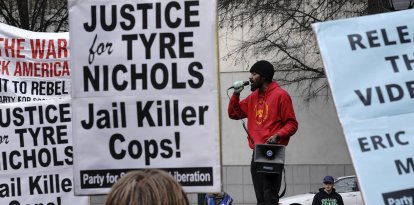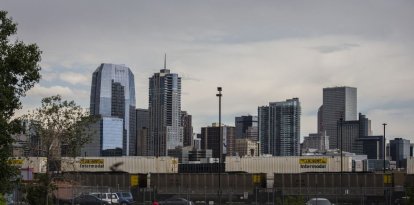Controversy erupts in Australia over helicopter shooters killing 700 koalas
Animal associations argue that the authorities' decision is unsupported by concrete evidence and condemn it as an inhumane treatment toward the animals.
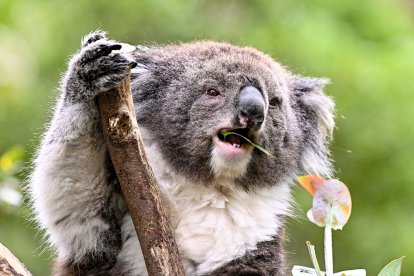
An adult koala specimen
Authorities at a nature park in Australia have killed more than 700 koalas using helicopter shooters, a drastic measure that has sparked outrage among animal welfare and environmental organizations.
According to local media, managers of the Budj Bim Natural Park in Victoria decided to use helicopter shooters to kill a significant number of koalas inhabiting the area.
The recent fires that swept through the natural reserve prompted officials to take this step. They explained that the blazes left several koala groups isolated, malnourished, and ill—making putting them out of their misery, in their view, the most humane option to prevent further suffering.
Animal activists strongly oppose the park authorities' decision. The group Friends of the Earth in Melbourne issued a statement sharply criticizing the Australian authorities, arguing that less drastic alternatives should have been considered to protect the koalas.
The organization noted this marks the first instance of koalas—Australia's iconic marsupials—being killed by gunfire. They also criticized the authorities for failing to assess which koalas were beyond help and which could have been rehabilitated.
They argue that from a helicopter’s flying altitude, it’s impossible to accurately assess the condition of the animals before shooting. "Koala rescuers have not been allowed into the area and there are concerns about the fate of the calves whose mothers may have been shot," Friends of the Earth said.
"If koalas were shot from trees, many calves would suffer and die. It's despicable. It's cruel," says Koala Alliance, another animal protection group, in a statement posted on Facebook.
The government of the Victoria region has defended the move, calling it necessary given the post-fire conditions, and insists the decision was made with the backing of wildlife experts.
RECOMMENDATION
